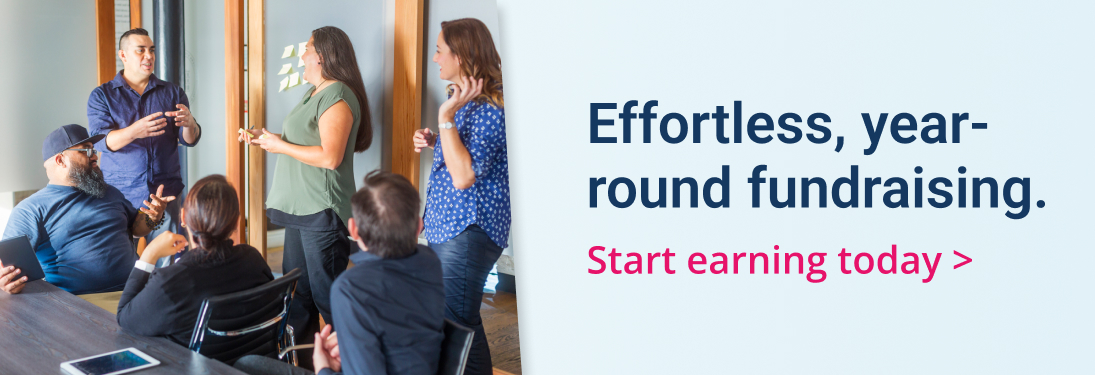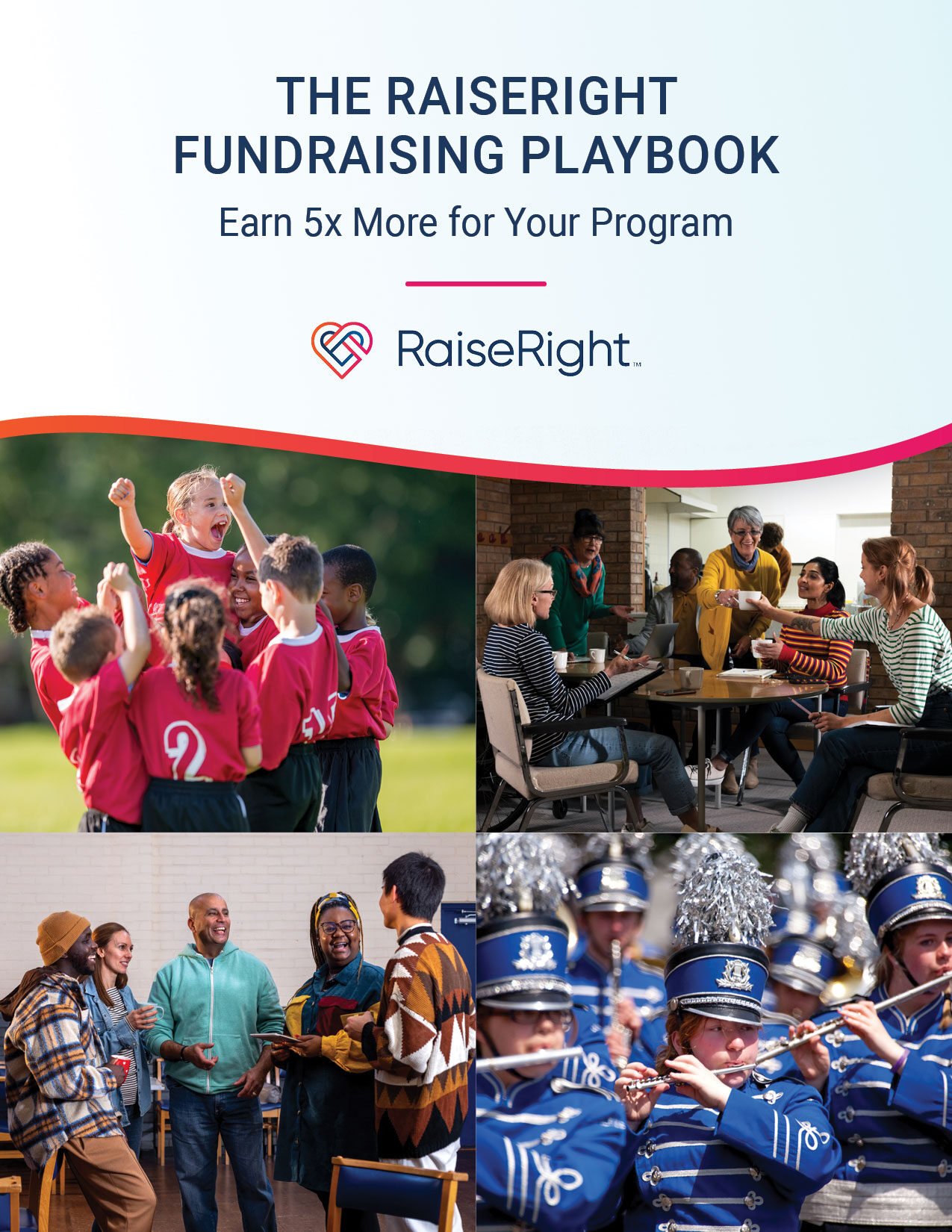Hosting an Auction Fundraiser? Ask Yourself These 6 Questions First

Thinking about hosting an auction fundraiser? Before you begin purchasing auction items and spreading the word about this fundraising idea, it's essential to learn the ins and outs of planning one.
By understanding if a charity auction is appropriate for your organization's type, budget, and goals, you'll spend less and raise more. Ask yourself these six questions to get started.
1. Would participants prefer an in-person or virtual auction fundraiser?
When hosting these events, you have two options: in-person or online auction fundraisers. How do you know which is right for you? Consider your main audience: who they are, their age group, and their needs and preferences. Examples include:
- Parents with children
- Older adults
- College students
- People with disabilities
- Anyone and everyone
For instance, if you’re running a church fundraiser and most of your audience is older, consider a live event to accommodate those less familiar with technology. On the other hand, busy individuals or those who prefer to avoid crowds may opt for online auctions, which offer greater flexibility.
2. Should you choose a live or silent auction for fundraising?
If you’ve opted for an in-person auction, consider whether you want it to be a silent or live auction. Again, think about what your audience might prefer. Here’s the main difference between the two:
- Silent auction – In a silent auction event, participants view different items or services and place bids anonymously or with their names. Often, participants write their bids on a bid sheet, but you can also use mobile apps to record entries. You announce winners at the end of the bidding period.
- Live auction – At live events, an auctioneer announces each item and takes bids quickly until no one has a higher offer. The item is then sold to the highest bidder.
When deciding which of these options is best, consider if you can have an auctioneer (and have the funds to hire one) or if your audience would prefer to place bids quietly.
3. What auction fundraiser items would your community want to bid on?
Once you've determined the logistics of your event, it’s time to select suitable auction items for a fundraiser. Again, you’ll need a unique understanding of your community—who they are and what they like. Items that tend to do well at fundraising auctions include:
- Spa day vouchers
- Theme park tickets
- Gift baskets
- Sporting event tickets
- Dinner cruises
- Landscaping services
- Day or weekend trips
- Gift cards to local or popular businesses
- Local arts and crafts
- Photoshoots
Consider choosing auction fundraiser items that align with your event’s theme or your organization’s purpose. For example, if you’re hosting an auction fundraiser for your child’s baseball team, you might want to choose sports-related products or services. Or, if you’re fundraising for the church choir, opt for music-related items—like a Guitar Center gift card.
4. Where will you source your auction items?
After making a wishlist of all the items you want to include in your auction, it’s time to start pinning them down. Form a committee or ask for volunteers to identify local businesses willing to donate products, services, or financial support.
Reddit user u/mntngreenery suggests you "utilize your board members, connected volunteers, etc., and approach businesses that are related to your mission first." For example, if you’re raising money for a band or music program, consider asking a music instrument store or karaoke room to donate to your event.
After you’ve exhausted that option, ask other local companies to contribute. Grocery stores, movie theaters, and restaurants are often willing to donate to support their local communities. And, people connected to your organization are also eager to offer their products or services.
5. How will you price your auction items?
Pricing items might seem daunting—it’s an auction, after all. Don’t bidders set the prices? Here’s the thing: you must set a starting or minimum bid to help ensure you cover your expenses with the sale.
Generally, experts recommend setting the opening bid between one-third and half of the item’s or service’s fair market value (the original price). You can set bid increments to 10-15% of the original cost to prevent bidding wars over pennies.
6. Who will staff the auction fundraiser?
Before auction day, think about who you can ask to staff the event. If your budget allows, you may hire professionals, like an auctioneer or caterer. You may also opt to have volunteers to reduce costs.
Ask people to help with marketing, checkout, item procurement, event check-in, and venue setup. Enlisting help with each of these essential auction-planning components will ensure you earn funds with every item sold.
Read more: Fundraiser Marketing Tips
Earn even more on auction night with RaiseRight
To supplement your auction night fundraiser, consider adding RaiseRight to your fundraising strategy to earn year-round.
- Enroll your organization or group in a RaiseRight program.
- Add participants (your supporters or organization’s members) to your fundraiser.
- Buy gift cards or shop online with your favorite brands. You can also dine at a participating local restaurant or book travel. Your organization earns a percentage back (up to 20%) with every purchase!
You can easily incorporate RaiseRight into your auction fundraiser (or any other fundraiser event), promote gift cards for everyday spend, and encourage your members to earn whenever they dine or shop. Easily raise money for your nonprofit, church, school, sports team, or band—anytime, anywhere.
Ready to start earning?
Here are some next steps to get the ball rolling:
- Learn more about how RaiseRight works.
- Download The RaiseRight Fundraising Playbook and share it with others in your organization.
- Start a free program by completing a short, online enrollment form.
If your organization is already earning with RaiseRight, you just need your enrollment code to create an account and begin fundraising right away.


